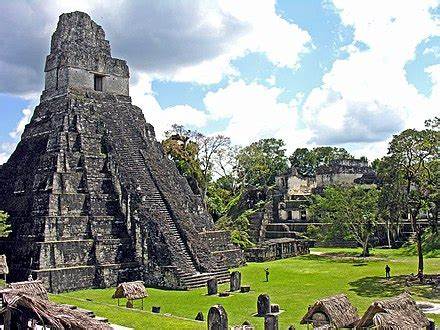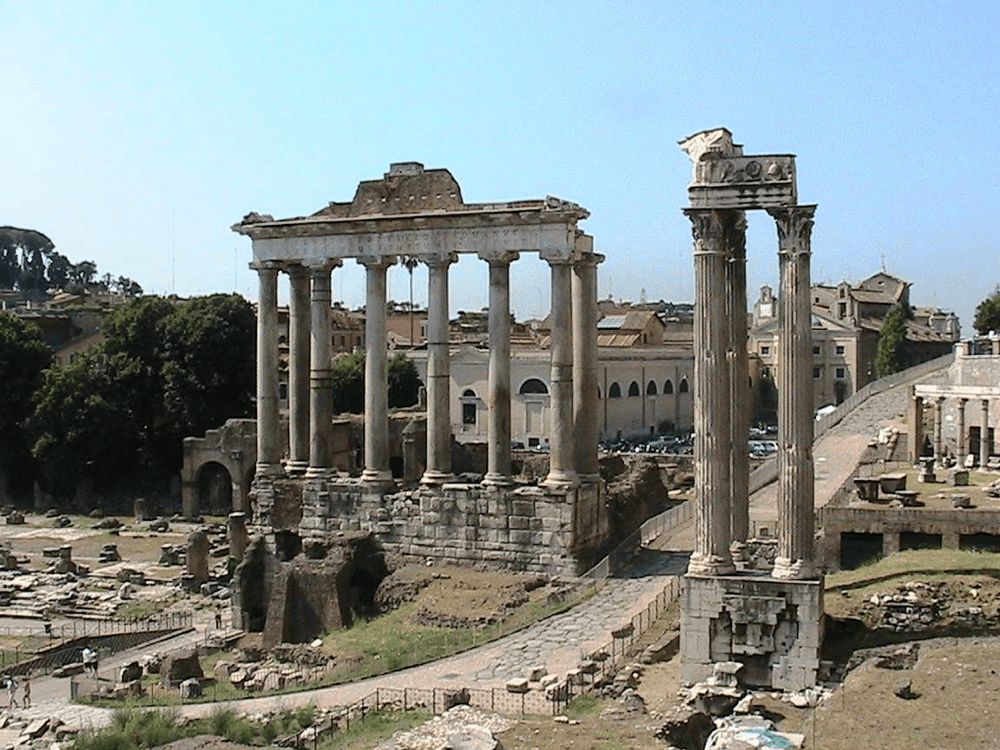
As a spectator viewing the world stage from my armchair, I see myself as one person with virtually no input when it comes to how our world and humanity evolve in this ongoing play. My part is to vote when I can, to conserve on energy, recycle and to be a decent person to those around me. I do have this tiny platform from which I can spread ideas and provide some commentary for whoever might be reading.
On one hand, I try not to take what I see happening in these troubling times too seriously. After all, we are a rather inconsequential human race in a brief period of history to this point on a small planet in a vast universe that quite possibly is home to thousands or millions of intelligent races obsessing over their own worlds in crisis.
I’ve been content to live my life through the years without getting too upset over current events. There are the exceptions, of course. The assassinations, the Nixon fiasco, 9/11, and the pandemic come to mind as just a few examples. I like to think I’ve maintained a healthy perspective on the political pendulum swings and the trends in society for everything from music to interpersonal relations. Now, however, I can’t help but wonder if we’re sinking into a major collapse of our civilization that will change our lives, or our children’s children’s lives for as long as they live. In this and the next article or two, I want to take a hard look at what’s going on and what it all might mean. Is society on the road to collapse or is there reason for hope in our future?
Reasons for Concern
In the world of politics, Trump ushered in a new age of chaos in 2016 with the rhetoric of an insult comic that somehow resonated with a base of voters that found him refreshing because he said what was on his mind. Congress was already dysfunctional and his style engendered an even more divisive tone among our representatives that spread through the country and even across the world. More politicians like him were elected in countries like the United Kingdom, Hungary and Brazil. When Trump’s 2020 election defeat was about to be confirmed, his supporters stormed the United States Capitol Building in an attempt to stop it. This social and political unrest is some of the worst this country has seen. Very disturbing. Other civil unrest due to injustices over rights for people of color, women, mass shooting victims and other groups on both sides of the political spectrum is tearing at the fabric of our society.

Most medical experts agreed the pandemic was a global threat. A deadly virus that spread rapidly was the worst we had experienced at least a generation. Due in part to our leadership and partly due to distrust of the medical community as well as everything from Bill Gates to general information, there was serious discord among the world’s citizenry as to how serious the coronavirus should be taken. It is a good example of how disagreements on basic reality are making our society, domestic and internationally, less united and more divided. The main point here, though, is global disease can rock our society to the point where many lives are lost, economies are deeply shaken and cultures are threatened.
There is seemingly always some kind of war, or conflicts as governments have taken to calling them, in the world. The war (let’s face it) in Ukraine has endangered our stability on a planetary scale. If Russia is able to accomplish its military goals there, the question becomes whether it will move on to another country such as Poland or some other neighbor. If it happens to be a NATO country, I have little doubt it will result in a large scale attack on Russia, opening us all to the possibility of World War III. Russia’s Putin will threaten nuclear war. Would he actually follow through?
Climate change is upon us, whatever the cause. Extreme weather events are becoming more common. Rising death tolls are the natural result. Severe damages impact the economy. If sea waters flood cities and islands around the world, if drought turns farmlands to deserts, there may be mass migrations to other more habitable locations. Such disruptions could unsettle the population, creating more unrest among the peoples of the world.
Global population growth rates are declining. Over the last 50 years, the rate has decreased from 2.2% to .83%. There may be various reasons for this, but the prevailing opinion is low and falling fertility levels. It is expected that by 2100, human population itself will be declining. The following quote from a United Nations Chronicle article explains why that is an important concern. ” Common worries are that population ageing and decline result in labour and skills shortages, weaken economic productivity and innovation, slow economic growth and development, impose unsustainable fiscal pressure on governments and people, lead to cultural and ethnic shifts in societies, and weaken the political and military power of countries.” It’s not difficult to see how this could lead to societal breakdown at some point.
What’s Next
In the article to follow, I’ll discuss these areas of concern in an historical context. I hope to show how these conditions have been present in prior collapses of societies or civilizations.
